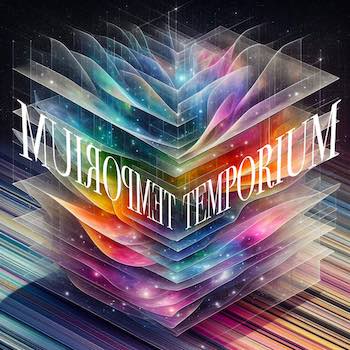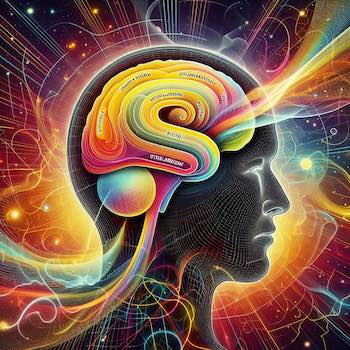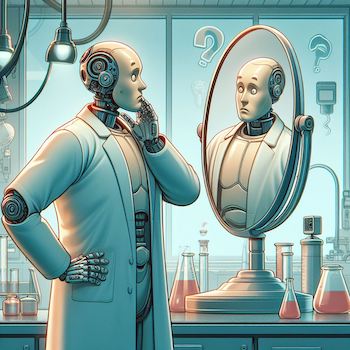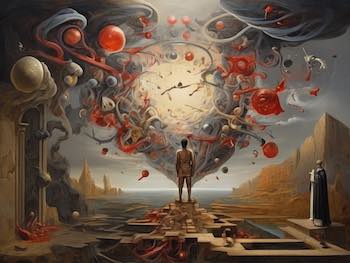Movement, an illusion?
Abstract: The Dichotomy is an aporia that Zeno of Elea illustrated with the paradoxes of Achilles, the Arrow and the Stadium. Twenty-five centuries later, the dichotomy seems to be resolved, and in several different ways. This is precisely a problem. These solutions are contradictory to each other, keeping the paradox all its relevance. Zeno wanted … Read more










